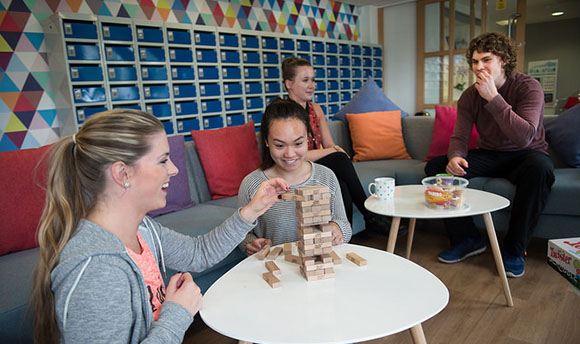This article appeared in Scotland on Sunday on 21st April 2024.
UK-based healthcare experts have helped advise countries around the world how to set up universal healthcare coverage. Amid problems of access, quality and affordability, such knowledge is now needed at home too.
The UK has earned its reputation as a global leader in health research, policymaking and practice. From the profound impact of the NHS to pioneering work by universities, the UK has shaped thinking on strengthening health systems worldwide. However, as we continue to struggle to emerge from the Covid crisis, it's time to turn our global health expertise inward to tackle challenges closer to home.
While our experts develop cutting-edge policies on universal health coverage for sub-Saharan Africa, increasingly similar gaps in access, quality and affordability are widening right here at home. Health disparities across regions and socioeconomic status are reflected in the unequal access to preventive care, early diagnosis, and advanced treatments for conditions such as cancer, heart disease, and diabetes. This leads to poorer outcomes and increased healthcare costs for disadvantaged populations, perpetuating a cycle of inequality.
Core to global health is a focus on primary healthcare, often community-based, which closes inequality gaps. This is exactly where our expertise in this field can support the NHS with its sharper focus on prevention and community care, and a reduced emphasis on supporting fractured and poorly integrated specialist services.
As we work on quality improvement abroad, UK hospitals grapple with disturbing patient safety lapses that disproportionately affect the disadvantaged. We boast long-standing expertise in community health approaches, but struggle to provide integrated care for our ageing population.
The stark divides across the UK, where healthy life expectancy can vary by years between neighbourhoods, are frankly unbecoming of a developed country with universal healthcare aspirations. If we don’t address these widening domestic health inequities, we give in to an unpalatably tiered system in which health status depends more on postcode and bank balance than universal care principles. Our global health expertise means little if we cannot deliver good, fair healthcare at home.
Of course, the UK context differs vastly from resource-poor settings abroad, but global health can help us understand important issues that are often ignored by experts who focus on technical aspects of health policy. For example, it can show us how different groups of people have more or less power and influence over their health, and what obstacles they face to improve it. It can also show us how our health system is a complex and changing network of parts that affect each other.
Needless chaos, siloed thinking and piecemeal policies will not build back better. The powerful frameworks, methods and insights the UK has honed through its leadership in global health must now also be firmly embedded in domestic policy conversations.
There is strategic value in bridging this gap. Applying lessons from the world arena can catalyse innovation across the UK's health system, from re-energising NHS staff to strengthening research and expanding engagement with communities. Most importantly, it signals that policymakers are responsive to demographic realities and people's urgent health needs.
To benefit everyone, global health experts and UK policymakers need to work together, but this means being open and cooperative, like the NHS used to be. As we strengthen links between the UK's world-class global health expertise and national policymakers, we can powerfully reimagine what our health system is capable of. The pandemic was a wake-up call. Will we answer it?
Daniel D Reidpath is director of the Institute for Global Health and Development, Queen Margaret University.







